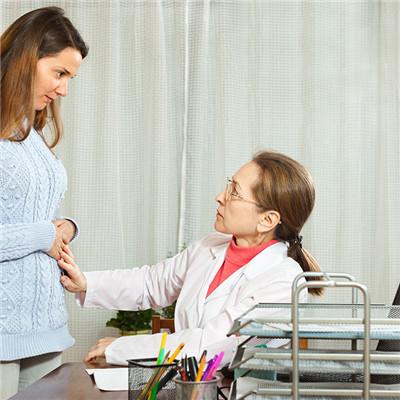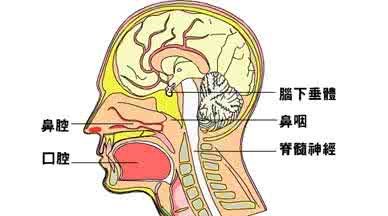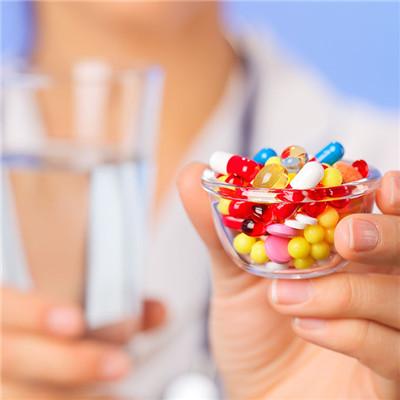Symptoms of irritable bowel syndrome?
summary
Irritable colon syndrome (IBS) is caused by irritable changes of colonic dynamics and electromyography due to mental or allergic factors. A group of symptoms characterized by dysfunction of intestinal motility or secretion. It has been called colon allergy, unstable colon, colon dysfunction, spasmodic colitis, mucinous colitis and so on. In fact, there is no inflammation in the colon. Symptoms of irritable bowel syndrome? Let's talk about it.
Symptoms of irritable bowel syndrome?
(1) Constipation: more common. Laxatives are often used in patients with small amount of feces, difficult defecation, 1-2 times a week, occasionally more than 10 days. Sometimes, due to the contraction of anal sphincter, the stool is like a pencil.

(2) Diarrhea: once or more a day. Some only break out after breakfast many times defecation, the rest of the time can be no diarrhea, occasionally one day diarrhea more than 20 times. Diarrhea does not occur at night, will not wake up because of defecation, so it does not interfere with sleep, nor does it occur fecal incontinence, some patients with feces with a lot of white or transparent mucus, or even all mucus. In the course of diarrhea, there is often a period of normal defecation or constipation, diarrhea and normal stool or constipation alternate phenomenon.

3. The most common functional disease of the gastrointestinal tract is characterized by no structural inflammatory pathological changes in the intestinal wall, but abnormal physiological responses of the whole intestine to various stimuli; The clinical manifestations are abdominal pain, abdominal distension, constipation, diarrhea and alternation of diarrhea and constipation. Although the disease does not belong to intestinal organic lesions, it can affect the patient's life and work when it is serious, generally not life-threatening. Incidence rate is not reliable because there is no characteristic pathological change and lack of objective examination index. It usually occurs in adults, between 20 to 50 years old, and rarely occurs for the first time after 50 years old. Men are slightly more than women. After comprehensive treatment, most cases can be relieved, but still relapse.

matters needing attention
In the process of diagnosis, we should pay attention to the following organic diseases, such as ulcerative colitis, segmental ileitis, intestinal tumor, intestinal polyposis, intestinal diverticulum, intestinal malabsorption syndrome, biliary and pancreatic diseases, chronic lead poisoning, etc.










